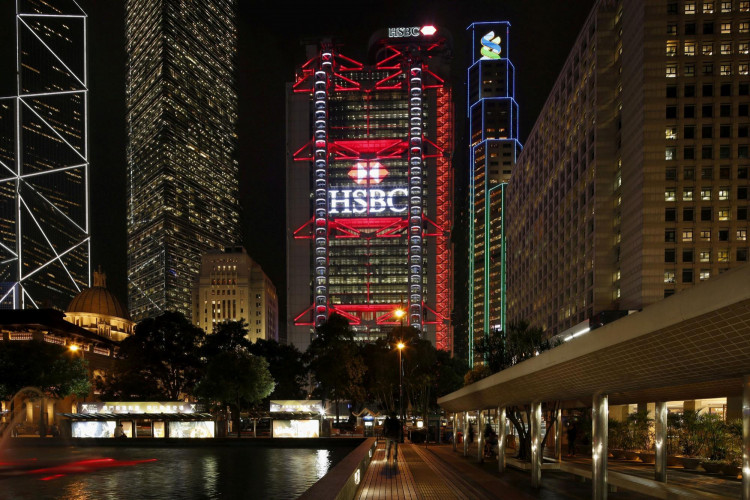A UK House of Commons committee grilled HSBC top executives as part of an investigation into the bank's role in freezing the accounts of pro-democracy figures in Hong Kong this week.
The financial institution is "aiding and abetting one of the biggest crackdowns on democracy in the world," said British lawmaker Chris Bryant during the hearing conducted via video link.
HSBC head Noel Quinn refused to comment on political issues and told the panel of MPs that he's a banker, not a politician.
"I can only do what I do as a bank, and as a CEO of a bank, to continue to support our customers," the banker told the virtual panel of lawmakers on Wednesday.
Bank customer and exiled activist Ted Hui, who had his and his family's HSBC accounts unexpectedly locked in December after fleeing Hong Kong for Denmark, gave evidence ahead of the hearing this week.
He accused the bank of "collectively punishing" his family and "helping the communist tyranny to suppress the freedom of Hong Kong people" in a Facebook post on Saturday.
Founded in Hong Kong 155 years ago and headquartered in London, HSBC has always sought to maintain political neutrality but "today is a particularly challenging time," Quinn acknowledged.
The practice of freezing activists' accounts made waves over the summer when Hong Kong millionaire Jimmy Lai found himself shut out of his account after tangling with authorities, while several other executives at Lai's Apple Daily newspaper were also unable to access their funds.
"We don't have a policy of freezing the accounts of Hong Kong activists," Quinn said but later added that the bank must cooperate with police investigations and cannot "cherry-pick" which laws it follows.
"If it's a properly executed law enforcement instruction in any market in which we operate in, any bank, not just us, is officially obliged to comply," he said. "And if we do not, we ourselves would be committing a criminal offense."
Bank officials expressed their public support for a divisive national security law instituted over the summer, which many observers call a measure of suppression against free speech in Hong Kong.
"In Hong Kong, you're effectively saying see no evil, hear no evil," Conservative MP Bob Seely told Quinn.





